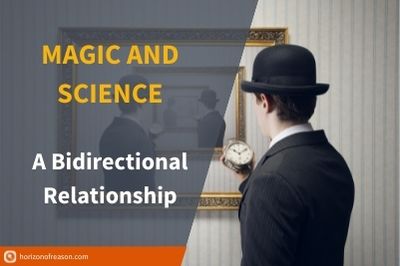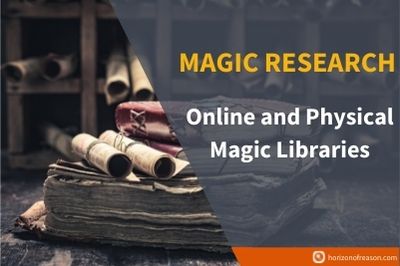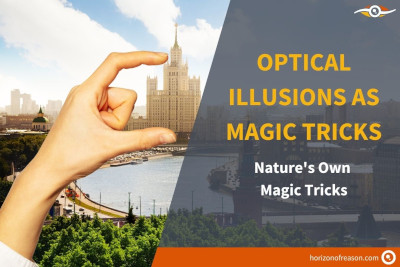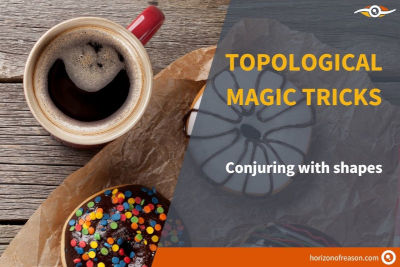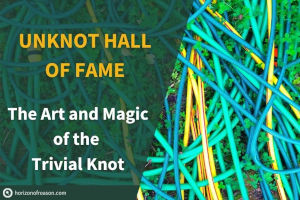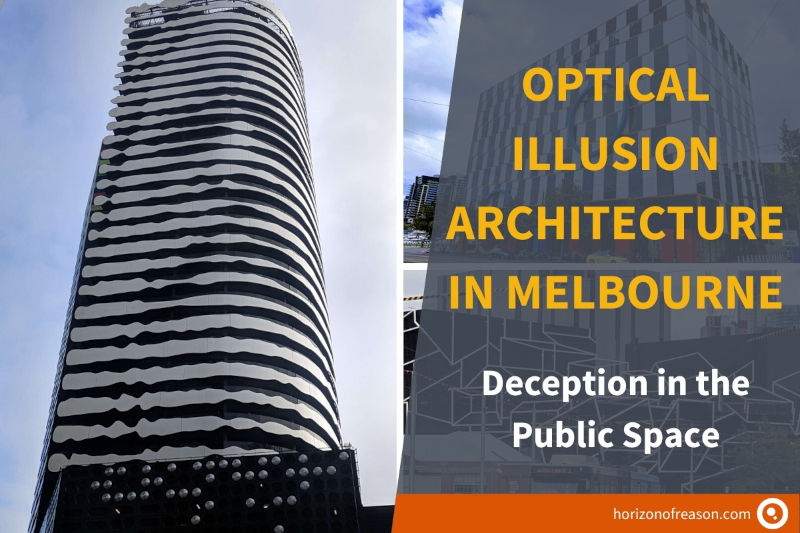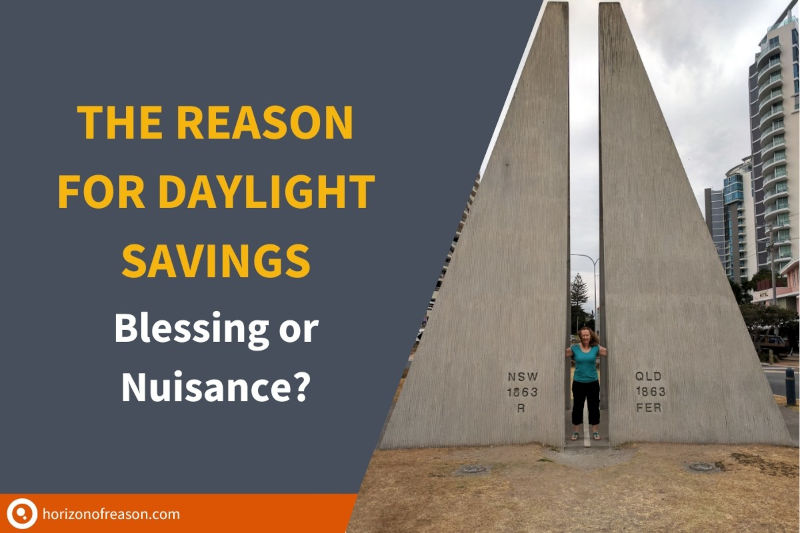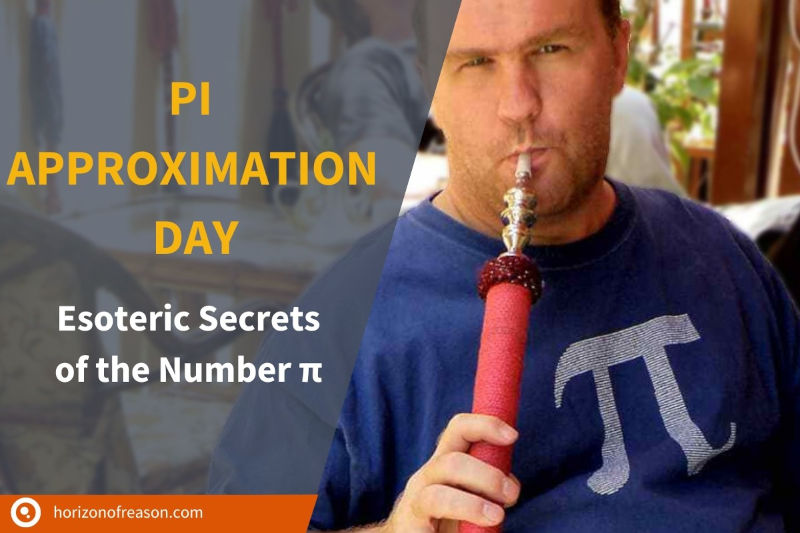Science and the Horizon of Reason
Illusions
Human beings associate deception with negative experiences like fraud, trickery and propaganda. Despite these negative connotations, deception is the foundation of human existence. Sensory illusions limit our perception and humans continuously deceive each other when playing our social roles. Psychology teaches that we are not rational animals, but that we rationalise our thoughts and experiences.
